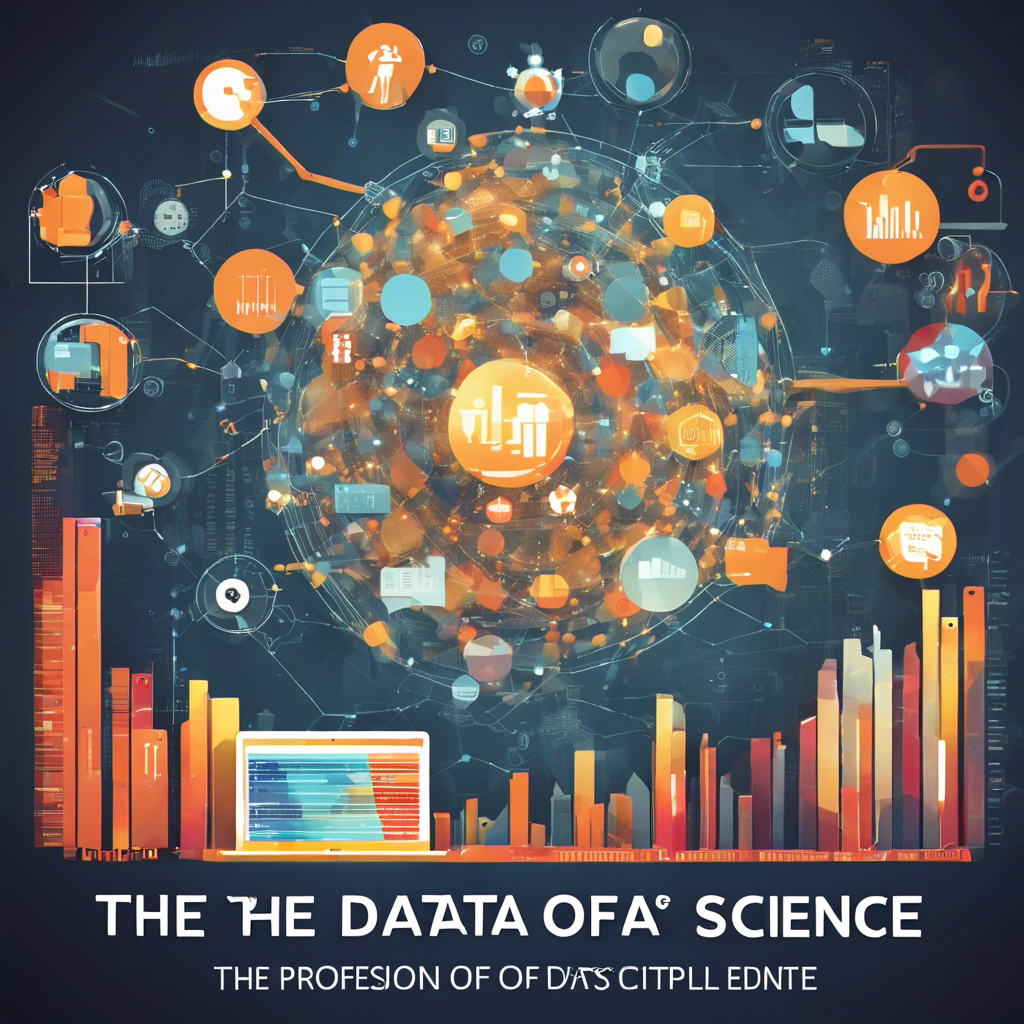The push for alternative math courses raises questions about the effectiveness of teaching algebra in high schools.
The ongoing debate about the inclusion of Algebra II in high school mathematics curricula has reached a critical juncture. While some argue that Algebra II, along with geometry and Algebra I, is essential for college and career readiness, others believe that it may not be the most effective way to teach mathematical concepts to students. This divide has led to a growing interest in data science as an alternative to traditional algebra courses. However, the of data science courses has raised concerns about the lack of established standards and the effectiveness of the course-approval process. In this article, we will explore the arguments on both sides of the debate and examine the implications of this shift in math education.
The Importance of Algebra II in College Preparation
Proponents of Algebra II argue that it provides students with the necessary skills and quantitative reasoning abilities required for college-level work. Committees of faculty senates from both the University of California (UC) and California State University (CSU) have emphasized the importance of Algebra II, along with geometry and Algebra I, in preparing students for higher education. These institutions view the completion of these sequences as a requirement for college and career readiness, aligning with the Common Core standards.
The UC Academic Senate’s Mixed Message
In 2020, the UC academic senate, responsible for overseeing course content for admissions, sent a mixed message regarding the importance of Algebra II. While restating the significance of the traditional math sequence, the Board of Admissions and Relations with Schools (BOARS) invited proposals for alternative math courses that could fulfill the admissions requirement. This move was seen as an opportunity by proponents of data science to challenge the perceived inflexibility of math professors.
The Rise of Data Science Courses
The High School Articulation Unit, a department within the UC President’s Office, plays a crucial role in evaluating and approving high school courses for college credit. In response to the call for alternative math courses, the office began authorizing data science courses as meeting the content requirements of Algebra II. This validation exemption was based on the assumption that the new courses would build upon previously covered concepts or cover them in the future.
Consequently, a flood of data science courses was submitted, with hundreds of courses serving tens of thousands of students. While the validation of statistics courses as satisfying Algebra II had been established in the past, the lack of established standards for data science raises concerns about the content and quality of these courses.
Flaws in Implementation and Policy
Critics of the shift towards data science courses argue that the problem lies not in the policy changes but in the course-approval process itself. Jelani Nelson, a professor at UC Berkeley, points to the overwhelmed Articulation Unit, which lacks staff with STEM backgrounds, as a key issue. The process of approving courses has become a pro-forma exercise, heavily reliant on submitters’ adherence to guidelines, according to Rick Ford, a former chair of the mathematics department at CSU Chico.
Conclusion:
The debate over the inclusion of Algebra II in high school mathematics curricula continues to evolve. The of data science courses as an alternative has sparked discussions about the effectiveness of teaching algebra and the need for established standards. While proponents argue that Algebra II is crucial for college preparation, others believe that data science offers a more practical and relevant approach to mathematical concepts. The flaws in the course-approval process highlight the need for a comprehensive and well-informed evaluation of alternative math courses. As educators and policymakers navigate this complex landscape, the ultimate goal should be to provide students with the mathematical skills necessary for success in college and beyond.











